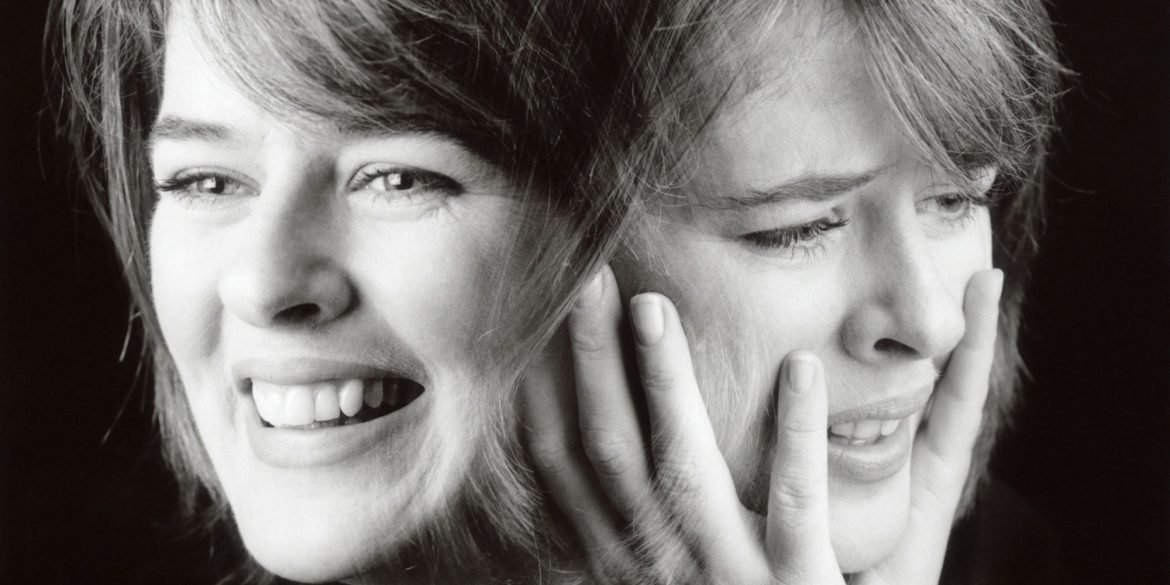It’s never easy dealing with mental illnesses when someone is a bad patient of stress, anxiety, and depression. If someone develops these problems at an early age, he is possibly going to face many severe problems like schizophrenia and other mental disorders in his future as well. Schizophrenia is not a minor health issue that can be quickly dealt with regular medications and self-care. It takes a lot of time and brain management to get you convinced to treat yourself from this deadly disorder.
How schizophrenia affects the healthy life of a person
We should not expect a definite answer for a hard question like this as the victim of schizophrenia is never in his senses to elaborate on what he is feeling and whatnot. Reality and dreams become one for him, and he is always found in an unusual state of physical appearance. You may find this person talking to himself, mobile most of the time, and hallucinating images that are not real. Schizophrenia affects both younger and older people, and some of the symptoms may differ from these categories of patients.
How does the patient act?
Typically, a schizophrenia patient will hear voices in his head all the time, and they may have conversations with them. Sometimes, these hallucinations make the individual harm themselves in a dangerous way, and they won’t even know. It’s hard talking to schizophrenia patients as they are not conscious most of the time. Sometimes you may get an answer to what you asked, and sometimes you won’t even know what they are talking about. It would help if you looked out of severe precautions that these individuals would give on their own about people getting harmed or hurt anytime.
Mostly, people with this disorder will leave their homes unattended and create a fuss in public places. They will lead the matters into fights, causing them physical harm from people who don’t know about their disorder. Keep in mind that not every schizophrenia patient is the same in condition. Some of them are harmless, while some cannot be dealt with on typical cases.
Other psychotic disorders related to schizophrenia
Schizophrenia is not a single problem itself but carries other psychotic issues with it as well. Usually, these problems are categorized into three types, known as psychotic symptoms, negative symptoms, and cognitive dysfunction.
Psychotic symptoms include hallucinations, delusions, disorganized thinking, speech, weird, and appropriate motor skills. Negative symptoms include decreased or lack of healthy emotions and behaviors- such as becoming excited or having demotivation in a task. Cognitive dysfunction means having less attention, executive function, and memory functioning.
Other than schizophrenia, different types of psychotic disorders include:
- Schizoaffective disease: The problem consists of a mood disorder such as depression and schizophrenia.
- Schizophreniform Disorder: When the patients of schizophrenia have the symptoms of such a problem for less than six months, they are diagnosed with schizophreniform disorder.
- Brief Psychotic Disorder: When an individual faces a short term of psychotic problems and behavior, it is casually referred to as brief psychotic disorder. These phases are known as episodes and respond to a stressful and depressing situation that does not exceed a month’s timeline.
- Delusional Disorder: People that believe that their false and fixed beliefs that relate real-life situations are true to face such categories of mental illness.
- Substance-Induced Psychotic Disorder: If someone has recently withdrawn a specific substance-based habit like alcohol or drugs face such condition known as substance-induced psychotic disorder.
- Psychotic Disorder Due to a Medical Condition: If an individual has a mental illness with the effects of lousy brain functioning like a brain tumor, such a person is diagnosed with a psychotic disorder to a medical condition.
- Paraphrenia: This problem is the second name os schizophrenia in older or elderly patients.
How to treat psychotic disorders?
Mainly there are two types of treatments for mentally unstable people, MEDICATION and PSYCHOTHERAPY. Medication for this treatment is based on managing symptoms of problems like hallucinations and delusions. The doctors prescribe every other individual with a different type of drugs according to his survival rate; that will affect him gradually and adequately. Psychotherapy for psychotic disorders has exercises like individual sessions, family sessions, and support groups. At the same time, other patients that are in a critical state where physical damage is expected are admitted to medical centers for safe treatment.
One can also do self-help as a third option to treat himself out of this illness. All it needs is some will power and determination and specifically a state where the sickness is still fresh. Try having support sessions with close people and share yourself with someone you trust more. Look out for natural answers to keep you from getting worse in illness until the situations you face feel sane to you.
Take action towards a positive change
Treat yourself or your good, and you can do a self-treatment and support plan with the help of your doctor and specialist that specialize in mental health issues. Take psychiatric sessions by consulting a psychiatrist and sharing your condition. Allow your family to take action for you and get involved if you are not in a healthy state to handle yourself. Your treatment will include some medications and psychotic exercises that your physician will do with you.
Do counseling sessions with a preferred professional, and it will help you deal with your mental illness effectively? You will come to notice and stop the problem triggers along with taking some life skill programs that can help you know how to get better in relations and learn useful skills for home, work, or study. Healthy lifestyle coaching sessions will also help with your psychotic substance illness for alcohol and drug intake if you are an addict. Step forward to get cured for your well-being.
To know more, Click here
